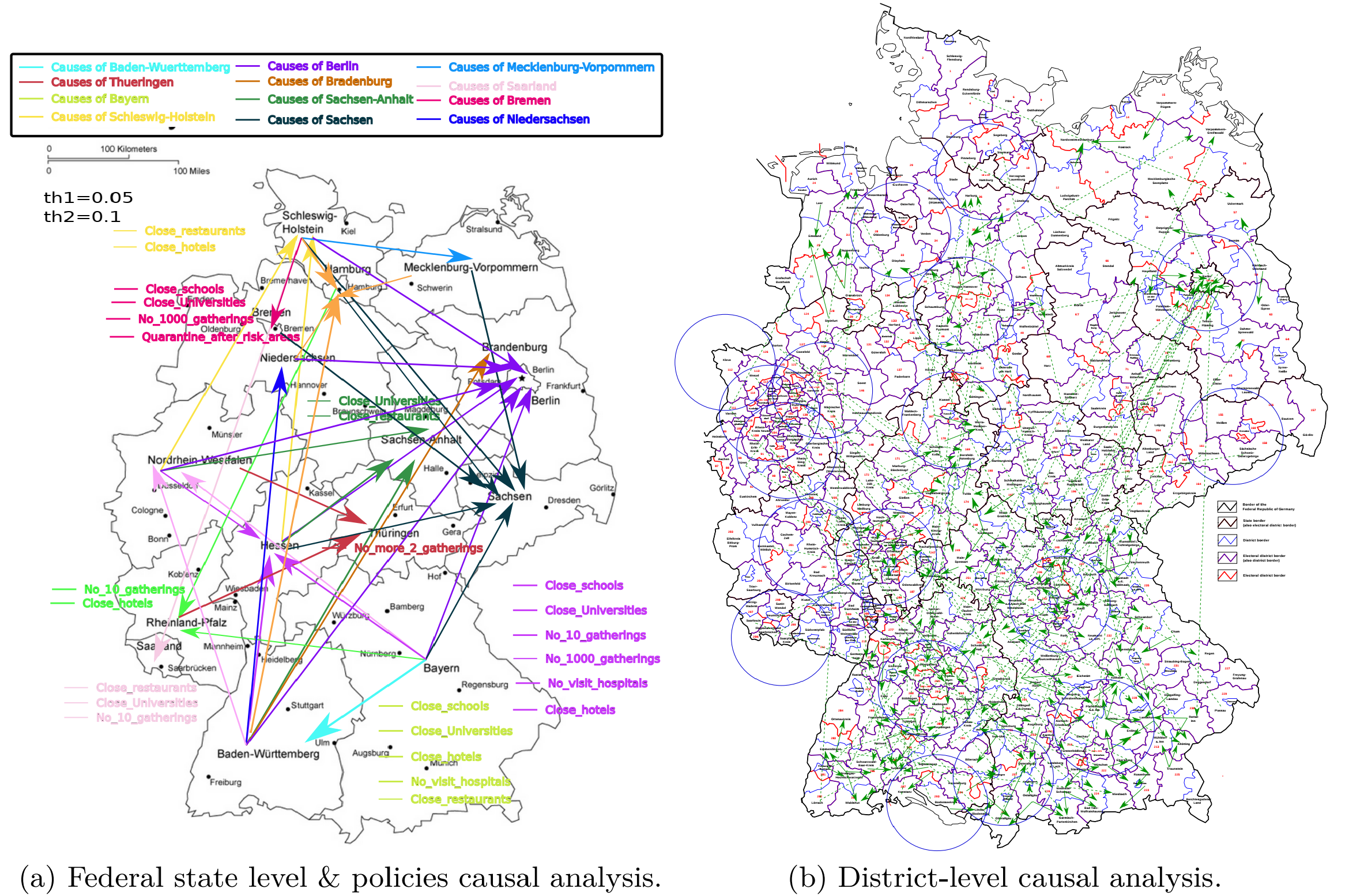Translation and application of state-of-the-art machine learning methods to medical applications is a central aspect of the department's effort to make methodological developments available to the broader scientific community and to contribute to solving machine learning challenges in the medical domain. Together with regional and international collaboration partners from medicine we conducted projects mainly focusing on medical image analysis, causal analysis of disease formation and recently analysis of epidemiological COVID-19 data.
Medical Image Analysis Our overall goal in this field is the development and implementation of machine learning algorithms that solve relevant medical problems in a robust and explainable way. Among other projects, we focused on the analysis of complex, multiparametric imaging data from different sources such as histopathology and PET/MRI [ ], uncertainty estimation and explainability of deep learning models for medical image analysis [ ] and federated learning aiming for cross-institutional learning and data protection [ ].
Causal Analysis of Medical Data Causality plays an important role for medical decision making and knowledge discovery. In a series of projects, recently mainly addressing data concerning the COVID-19 pandemic, we were able to translate causal learning methods to large medical and epidemiological data sets and illustrate the practical significance of these methods. Specifically, we addressed challenges in data interpretation [ ], investigated disease outcome prediction models from a causal viewpoint [ ] and studied epidemiological models of disease spread [ ].
Personalized Medicine Our membership in a Marie Curie Training network has led us to take part in (and win) the ENCODE Imputation Challenge aiming to help build a comprehensive list of functional elements in the human genome from data produced by various types of genomics assays.

